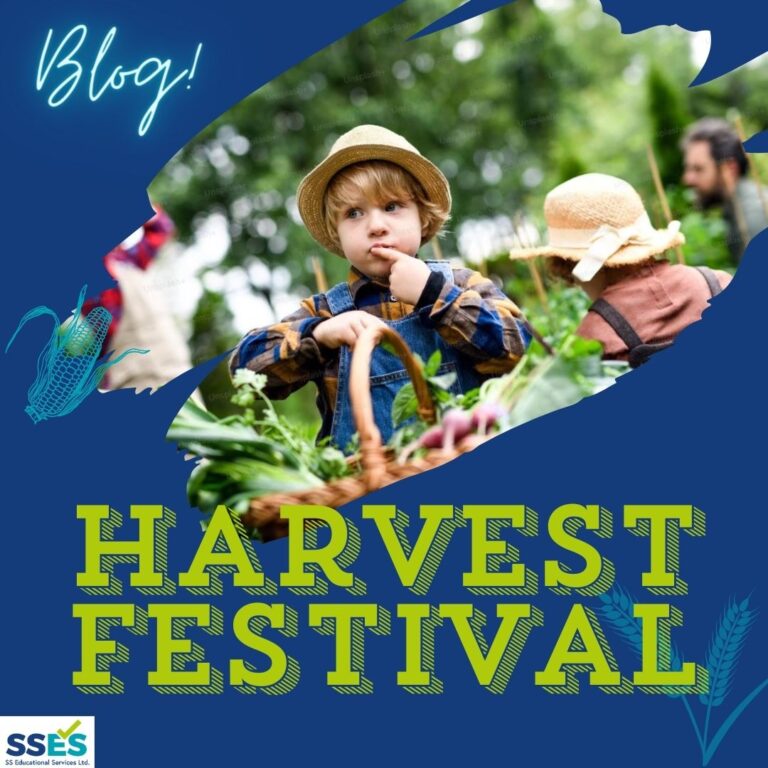Celebrating Harvest Festivals: A Joyful Tradition for Children and Teens
Harvest festivals have been a cherished tradition in many cultures around the world for centuries. These vibrant celebrations, marking the end of the agricultural season, are filled with gratitude, joy, and a sense of community. For children and young people, participating in harvest festivals offers a multitude of benefits and valuable lessons. Let’s explore how these festivals engage the younger generation, the benefits they bring, and the important lessons they impart, all while fostering a sense of togetherness.
Engaging Children and Teens in Harvest Festivals
Harvest festivals are a wonderful opportunity for children and teenagers to immerse themselves in cultural traditions. These celebrations often involve a variety of activities used to engage young minds, including:
Cooking and Baking: Young people can participate in cooking and baking sessions, using fresh, locally sourced ingredients. Learning to prepare traditional dishes helps them appreciate the effort that goes into food production and culinary traditions
Games and Competitions: Harvest festivals often feature games like sack races, apple bobbing, and pie-eating contests. These activities are fun and promote physical fitness and healthy competition among peers.
Storytelling and Performances: Folklore and stories about the harvest are shared, often through engaging performances. This helps children understand the historical and cultural context of the festival, enriching their knowledge and appreciation of their heritage.
Benefits for Young Participants
Participating in harvest festivals provides numerous benefits for children and teenagers such as:
Cultural Awareness: By engaging in traditional activities, young people gain a deeper understanding of their culture and heritage, fostering a sense of pride and identity.
Community Engagement: These festivals encourage children and teens to interact with different members of their community, building social skills and a sense of belonging.
Educational Value: Through hands-on activities, children learn about agriculture, nutrition, and the environment. This experiential learning complements their academic education and promotes curiosity and lifelong learning.
Creative Expression: Crafting, cooking, and performing allow children to express their creativity and develop new skills, boosting their confidence and self-esteem.
Harvest festivals are a rich tapestry of tradition, education, and community. For young people, these celebrations are a delightful and meaningful way to connect with their heritage, learn valuable life lessons, and build lasting relationships. As we continue to celebrate the harvest, we not only honour our past but also sow the seeds for a brighter, more connected future.


